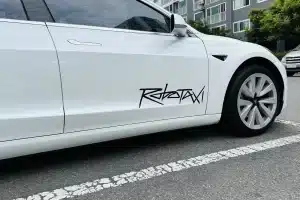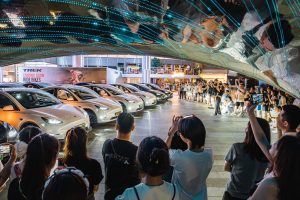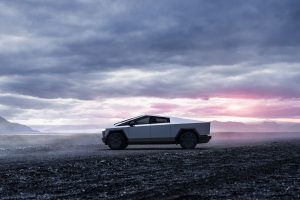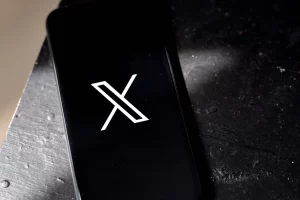Tesla has changed the language on its website to reflect a more accurate representation of when the unreleased features of the Full Self-Driving suite will be released. For several years, Tesla has stated that new features would be released “later this year.” However, this language was never changed after the features went unreleased in 2020.
The only feature that FSD currently is not capable of is Autosteer on City Streets. While Navigate on Autopilot, Auto Lane Change, Autopark, Summon, FSD Computer, and Traffic Light and Stop Sign Control are all active with the $10,000 FSD Suite, Autosteer on City Streets is the only functionality that has not yet been added, which would make the suite “feature complete,” as Elon Musk would say.

Some owners of the FSD Suite have been critical of Tesla’s inability to meet timeframes with the FSD features. For example, in 2019, Tesla has also listed some features as if they were set for release “later this year.” However, the automaker failed to roll out these functions before the end of 2019 or 2020, and the language was never changed, until now. The FSD suite’s complexity has resulted in the expansion of some timeframes.
The change of the language evidently reveals that Tesla still has plenty of refinements to make with the FSD suite before it is completed. While plenty of strides have been made this year, including the expansion of the FSD Beta group and the rollout of the FSD Beta Button, Tesla’s FSD Suite is still not where the company would prefer it to be. A recent release of the FSD Beta was one that Musk was not necessarily impressed with, although later releases proved to be more robust and accurate.
It seems to be a good move in legal terms to help Tesla avoid any potential litigation from distressed owners. Earlier this year, Tesla was subjected to a lawsuit from two brothers from Santa Barbara, California, who claimed that the company’s Autopilot suite was falsely advertised. According to the lawsuit, the Filippini brothers stated that they would like to work on their commute to the office, and that Tesla salespeople did “not discourage that intention,” stating that employees at their local showroom “confirmed and encouraged plaintiffs’ expectations that the vehicle would be suitable for that purpose, sharing stories of driving 55 miles without having to touch any controls more than once or twice.”
Tesla has never stated that its vehicles are fully autonomous and a disclaimer under the FSD purchase option also indicates that drivers are responsible for paying attention at all times:
“The currently enabled features require active driver supervision and do not make the vehicle autonomous. The activation and use of these features are dependent on achieving reliability far in excess of human drivers as demonstrated by billions of miles of experience, as well as regulatory approval, which may take longer in some jurisdictions. As these self-driving features evolve, your car will be continuously upgraded through over-the-air software updates.”





